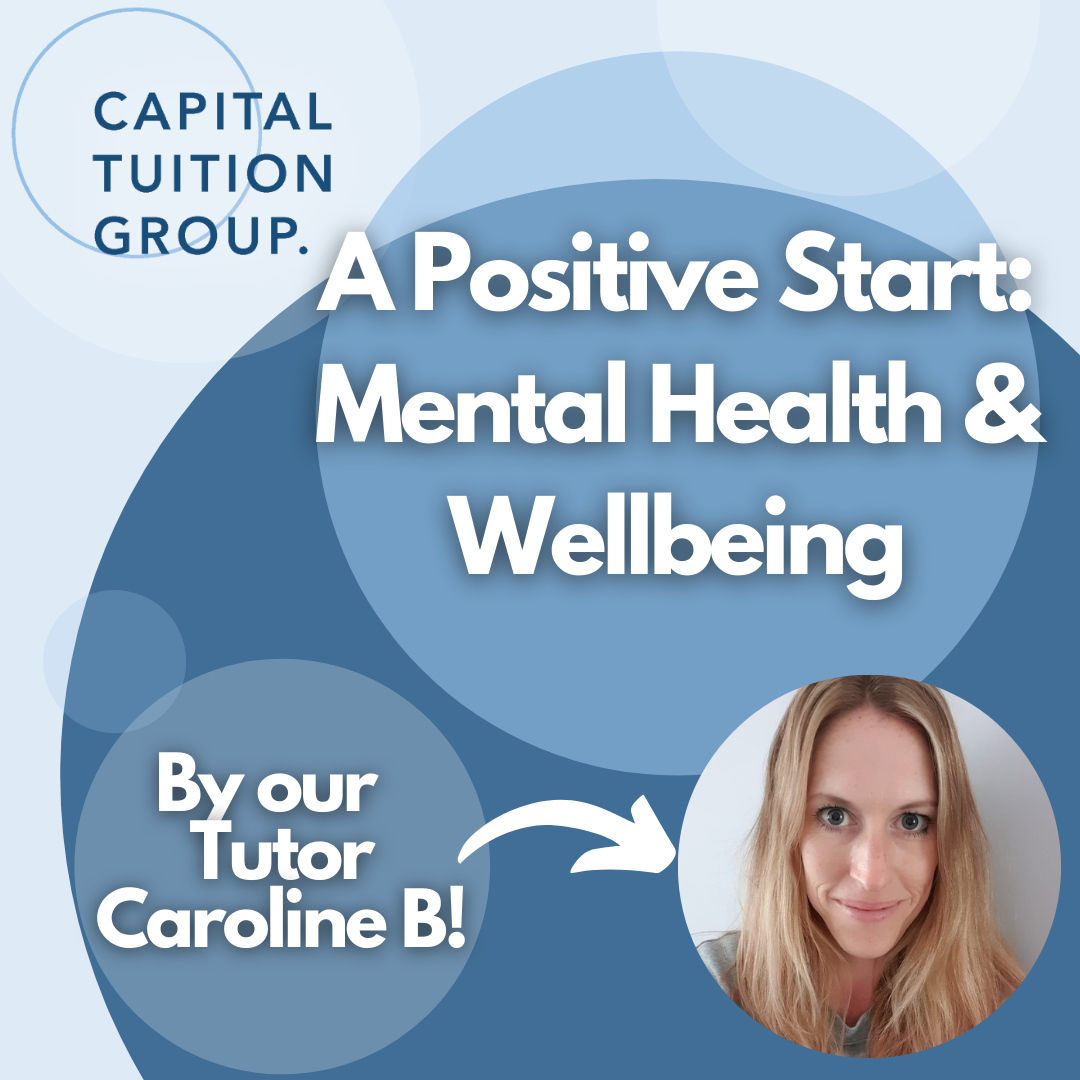Since the pandemic there has been a significant increase in mental health issues among young people. According to the charity Young Minds, 87% of surveyed young people said the pandemic has made their mental health worse due to loneliness, isolation and stress. Before the pandemic, mental health was known to affect one in six children. If the pandemic has shone a light on anything, it has highlighted the importance of mental health, wellbeing and self-care now more than ever before.
Over the past year and a half, young people have shouldered a multitude of burdens. They have experienced upheaval, sudden and seemingly never-ending changes and U-turns, so it is little wonder they are still questioning what the academic year ahead may hold. There will be the inevitable pressure and stress that comes with all students who are approaching exams, but this cohort will feel it even more keenly after two years of Centre and Teacher Assessed Grades. Fairness and equality of grades is often brought up in the media meaning students compare their learning and outcomes with previous year groups, which unduly adds stress and pressure that previous cohorts may not have experienced.
In spite of the challenges young people have faced, one thing is for certain: this generation is resilient and have shown their ability to remain optimistic in the most difficult of circumstances. As teachers and parents, we have seen young people return to school with some wariness, but mostly enthusiasm and the desire to learn. Their can-do attitude is infectious and is a testament to their generation.
With the exams now running after two years of cancellations, students will need help to navigate the year with a healthy balance of focusing on their exams as well as feeling confident, happy and fulfilled. So how can we help young people to begin the year with a positive mindset and alleviate some of the anxiety they may be feeling?
There are lots of great charities and websites you can use for support and advice. Meanwhile, here are some tips gathered from mental health charities on how to help young people when they are feeling stressed or anxious:
1. Talk to your child. Help them to normalise their fears and share yours with them too. If they find it difficult to talk, tell them to write it down instead. Some young people have said they prefer to message their feelings to their parents. Whatever works for you and your child!
2. Discuss uncertainty with them. Be open about the exams and any worries they may have about it changing. Balance their feelings of uncertainty with what they can control now and in the present. They can’t control future changes, but they can control the work they are doing right now.
3. Model coping strategies. Explain to them what you do when you feel overwhelmed or when things feel out of control. If you are returning to the office, be open about your own worries and how you are planning to overcome them.
4. Look at the positives of school life. What do they enjoy? What are they most excited about?
5. Help them to create a healthy balance between school life and their social life. Make sure they continue to focus on their hobbies and sports and not to allow schoolwork to be all consuming. Ensure they block out free time to spend on something they enjoy – even if it is gaming or Tik-Tok!
6. Self-care. Self-care can be anything from baking, gardening, Netflix to simply taking a bath. Whatever helps your child relax and feel calm, particularly when they feel under pressure, is the most important thing.
Alongside school and homework, tutors are always on hand and are ready to guide your child through any of their subjects where they have gaps in knowledge, particularly as they are approaching their GCSEs or A Levels. Young people are fully aware that exams are important, but as it should be for all of us, everything must be put into perspective. Hard work can be shared alongside enjoying life with friends and family with that all-important sense of wellbeing.
-----------------
Are you looking for a tutor? Email us at hello@capitaltuitiongroup.com or book a phone call HERE to arrange a chat at a time to suit you.
Qualified Teachers. Quality Grades. KS1 to A-Level.


